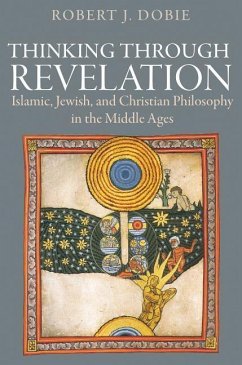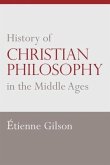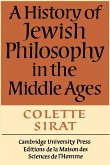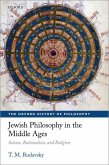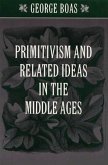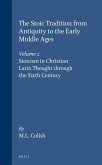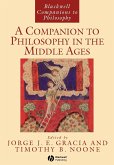Navigating the seemingly competing claims of human reason and divine revelation to truth is without a doubt one of the central problems of medieval philosophy. Medieval thinkers argued a whole gamut of positions on the proper relation of religious faith to human reason. Thinking Through Revelation attempts to ask deeper questions: what possibilities for philosophical thought did divine revelation open up for medieval thinkers? How did the contents of the sacred scriptures of Judaism, Christianity, and Islam put into question established philosophical assumptions? But most fundamentally, how did not merely the content of the sacred books but the very mode in which revelation itself is understood to come to us - as a book "sent down" from on high, as a covenant between God and his people, or as incarnate person - create or foreclose possibilities for the resolution of the philosophical problems that the Abrahamic revelations themselves raised? Robert Dobie explores these questions by looking in detail at the thought of three of the most important philosopher-theologians of the Middle Ages: Averroes, Moses Maimonides, and Thomas Aquinas, each working within the Islamic, Jewish, and Christian traditions respectively. Of particular interest are two questions central to medieval thought: in what sense is the world "created" and what is the proper nature and ontological status of the human intellect? These two problems took on such importance in this period, this book argues, because they forced medieval philosophers and theologians to confront the degree to which the revelation they considered authoritative made possible their resolution. Thus, these medieval thinkers show thinkers today what possibilities are available for navigating the age-old question of the proper relation between faith and reason in a world where questions of the rationality of religious faith - especially from an inter-faith perspective - are not diminishing but increasing in importance.

